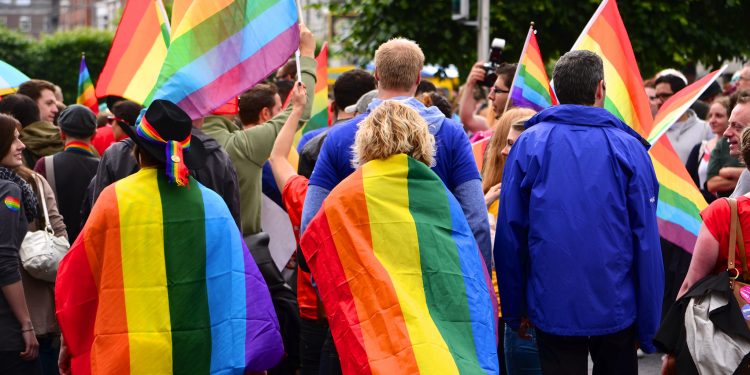Section 377: How Long Can India Live With This Victorian Age Law?

What is Section 377?
Section 377 of the Indian Penal Code(IPC) is defined as: ‘Whoever voluntarily has carnal intercourse against the order of nature with any man, woman or animal shall be punished with imprisonment of either description for a term which may extend to ten years and should also be liable to fine.’ It was brought into effect by the British in 1860. While Section 377 does not mention homosexuality, sexual intercourse ‘against the order of nature’ indicates sex that does not involve penile-vaginal insertion, homosexual relations, is considered a criminal offense.
India’s Stance on Homosexuality
In 2009, the Delhi High Court decriminalized all types of sex between consenting adults, giving a new lease of life to homosexuals, who were facing stigma due to their sexual orientation. However, in December 2013, all these hopes were quashed when the Supreme Court reversed the Delhi High Court’s verdict, re-criminalizing homosexuality and bringing back Section 377.
Amendments to Section 377:
Recently, Congress MP Shashi Tharoor started a petition on change.org, requesting the Modi government to make amendments to Section 377. The amended bill, Section 377A, will remove the phrase sexual intercourse ‘against the order of nature’ and not consider it a criminal offence anymore. Instead, the new bill will have the following provisions: sexual intercourse will only be considered as criminal offence when a person is coerced into having sex with the perpetrator, by putting the victim in fear of harm, if he or she is intoxicated, and if the victim is under eighteen years of age. The new law emphasizes on the necessity of consent between two adults, irrespective of their gender or sexual orientation. The bill though, was rejected in the Lok Sabha, with only 24 votes in favor of the amendment, as opposed to 71 votes against it.
Why is Homosexuality a Taboo in India?
The irony of the fact is that while today, the Indian society ostracizes homosexuals, ancient Indian texts like the Vedas, the Kama Sutra and medieval Urdu poets talked openly about same-sex relationships. There was no shame in discussing men lusting after younger boys and two women having sex. However, with the emergence of the British colonial rule, Victorian age laws came into being, and sexuality became a topic of shame. Same-sex sexual intercourse was considered a criminal offence, and homosexuals began to convicted and isolated from mainstream society. These laws continue to dominate our society, with politicians like Subramanian Swamy and yoga guru Baba Ramdev even declaring homosexuality a ‘genetic disorder that can be cured.’ While a serious issue like marital rape is not considered a crime, having consensual sex with another individual of the same gender is an offence.
Why should homosexuality be legalized?
Homosexuality should be decriminalized not only to integrate non-heterosexuals with the rest of the society, but because Section 377 has been misused by persons in authority to harass and extort money from homosexuals. They also face lot of problems in daily activities, for example, acquiring a house and employment. People need to realize that homosexuals are ordinary human beings like us. Sexual intercourse with someone of the same sex is a matter of personal choice, and the government has no business sneaking into people’s bedrooms to check who they are having sex with. Section 377A aims to get rid of the homophobia in our society by not considering intercourse between two people of the same gender as a criminal offence, thus, treating them at par with rest of the citizens. The only thing that matters is consent, irrespective of who is having sex with whom.
[Image Attribute: Daniel Dudek-Corrigan]



